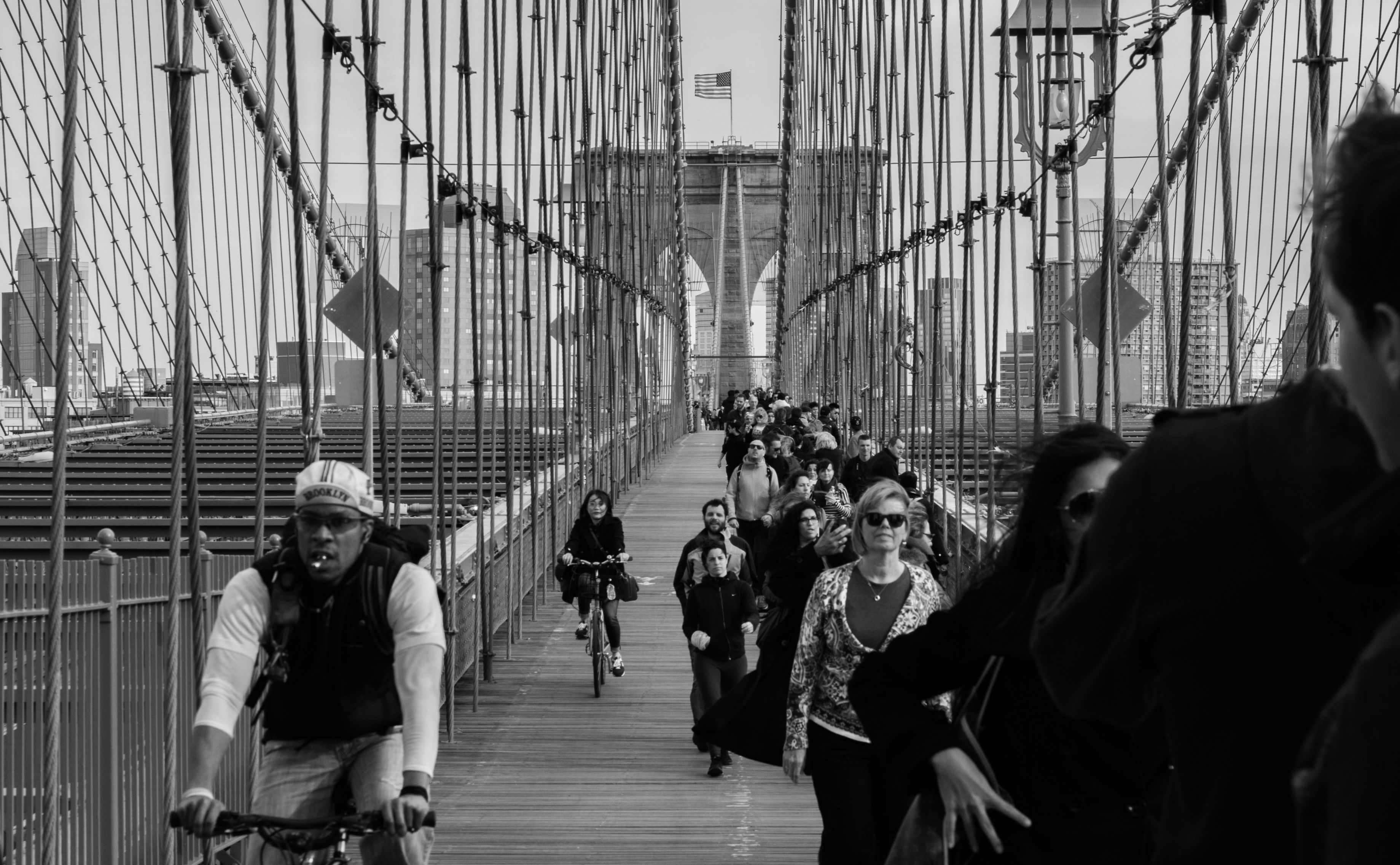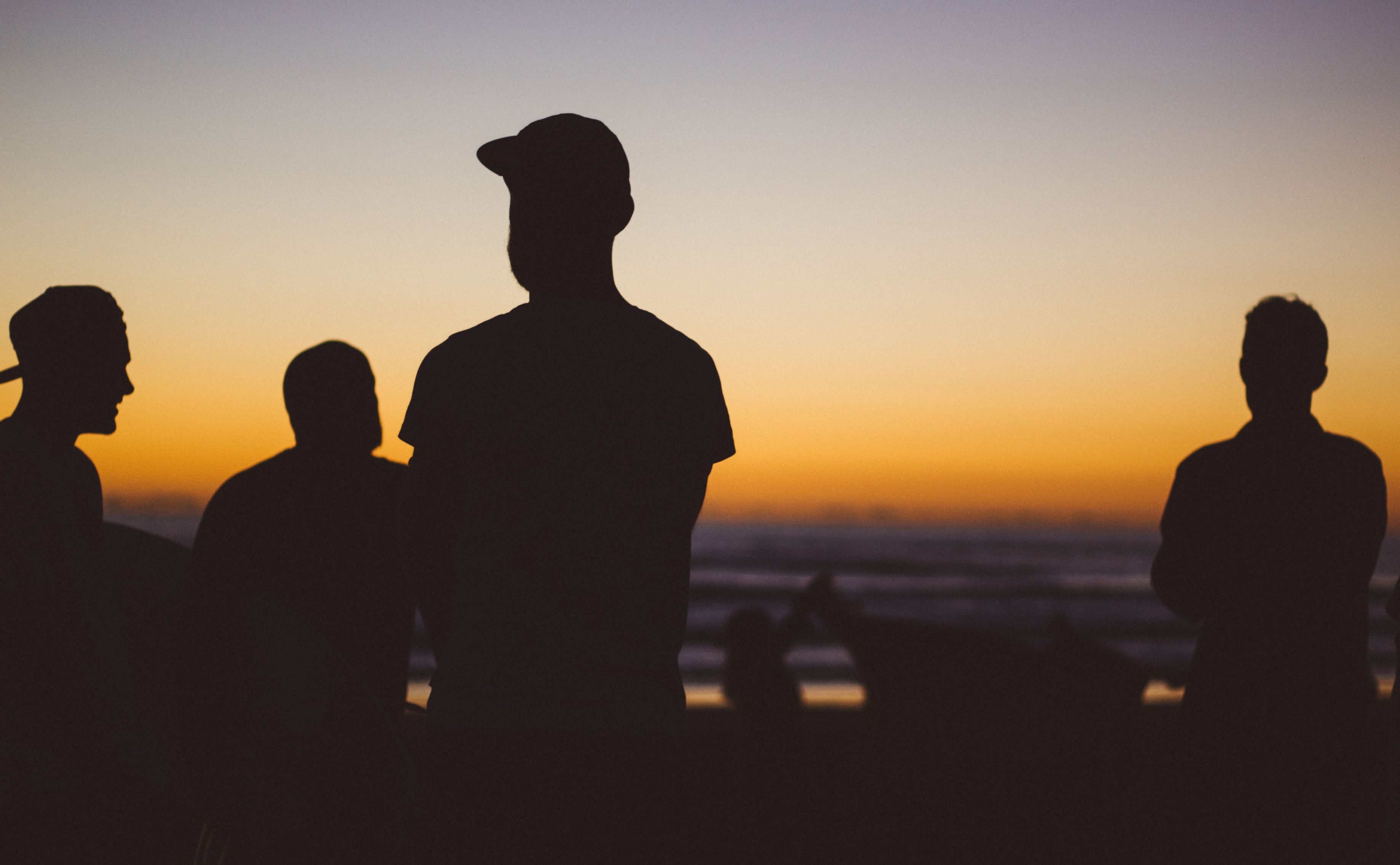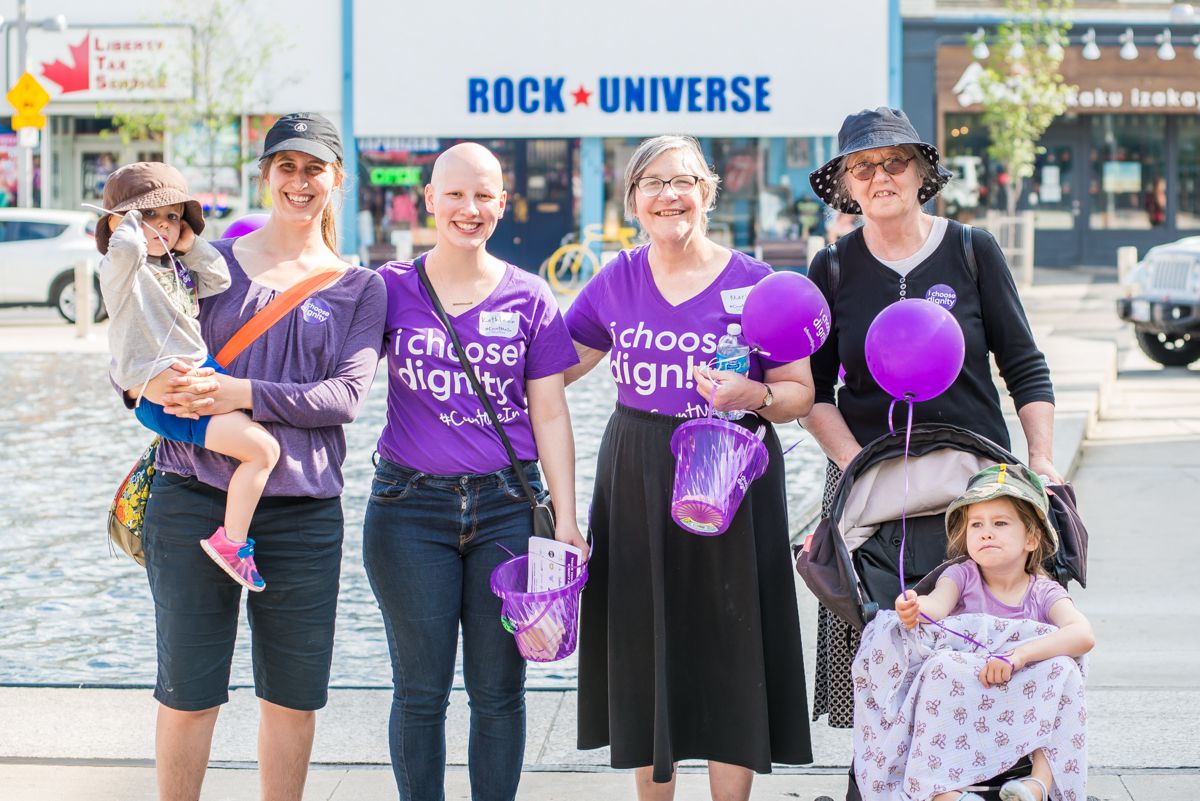When we hear the word community, we typically think of larger groups of people who gather around a common purpose (faith, sports, neighbourhoods, social clubs, and so on). We often think of community as participating or having membership in these groups, gatherings or events. However, we can also be involved with smaller communities of people, from a cluster of neighbours, a circle of friends or family, or the familiar faces we see at the store to the community recreation centre, or coffee shop. Further still, community inhabits relational spaces with friends, partners/spouses, siblings, parents, neighbours or co-workers. Community lives in all levels of connection, from larger community events to individual relationships. What happens then, when people do not have a strong sense to community in any of these ways? For many people, the experience of not belonging to any form of community is a daily reality. For adults with developmental disabilities, this reality is too common.
Read More







